Search results for: sylvia plath
-
dd
Love and Suicide: Sylvia Plath & Ted Hughes
postThe most notorious, politicized and doomed literary couple in history. Sylvia Plath was charmed into hunting out Ted Hughes after reading his poem ‘Hawk in The Rain’, and in 1956 she met his powerful and imposing presence at a party in Cambridge, ‘kiss me, and you will see how important I am’ she wrote in…
-
dd
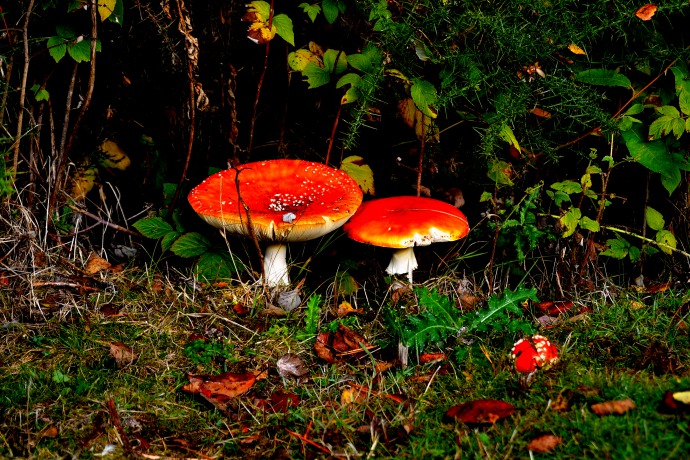
‘Viciousness in the Kitchen!’ – reading Plath’s Ariel(s)
postWhen I think of most poets, I think of individual poems. Say Auden and I think: ‘As I Walked out one Evening’, for Larkin ‘Aubade’, for Bishop ‘One Art’. I honestly couldn’t name which individual collections any of these poems were in. Say Sylvia Plath though and I, like most people, would immediately think: Ariel. It’s…
-
dd

Five Women Poets You Should Be Reading Right Now
postClare Pollard who teaches our popular course Learning from Female Poets recommends her top five women poets you should be reading right now. 1. One contemporary woman poet. I’m reading Diane Seuss’ Modern Poetry at the moment and absolutely loving it. It’s the sort of poetry that makes me jealous. I read a couple of…
-
dd
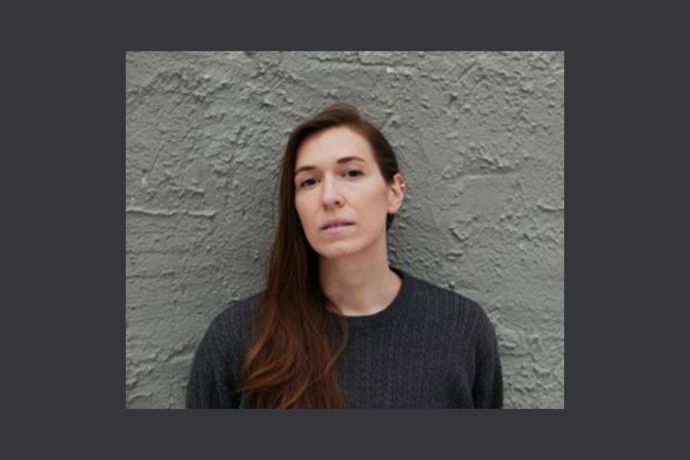
How to Improve Your Poetry: Writing about Good Things: Delight, Joy, Happiness
postIn this series, we interview our tutors about poetry and its place in their world. These interviews will cover creative writing tips, excelling in a poetry workshop, building a literary career, and finding your poetic voice. Here’s Ellene Glenn Moore on writing about delight, joy and happiness. Why is there so much poetry about misery…
-
dd
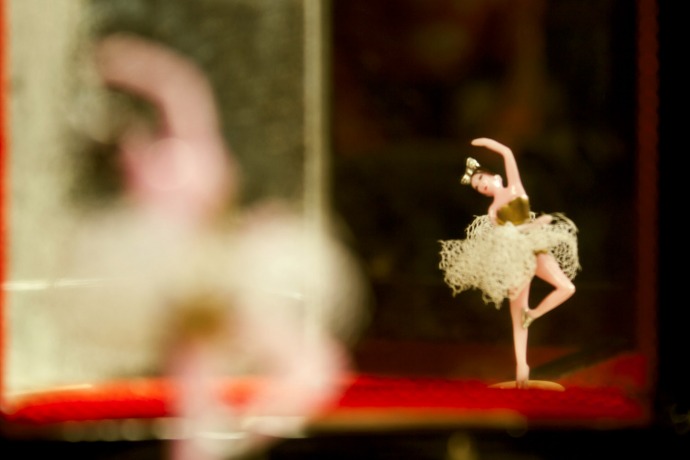
Poetry of Parenting Playlist: Thirteen For Now
postFiona Benson, author of the brilliant Vertigo & Ghost, and tutor of the Poetry School course Writing Childhood, Writing Parenthood, presents an unmissable Poetry of Parenting Playlist. (1) Kathleen Jamie, ‘Ultrasound’ This gorgeous, unsurpassable sequence in Jizzen (Picador, London: 1999) travels from ultrasound (‘Second sight / a seer’s mothy flicker, an inner sprite’) through the ‘difficult giving’ to ‘the first…
-
dd

In Praise of Complexity
postI’ve recently been reading Peter Brook’s The Shifting Point. I often go back to this book, reading about the world of theatre as a way to think about poetry. In the chapter entitled ‘Shakespearean Realism’ Brook talks about how we intuitively accept from a young age that our mind is constantly moving from one place…
-
dd
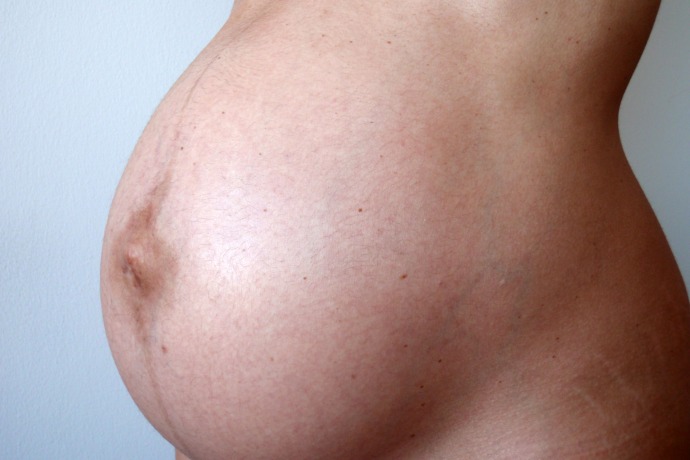
Review: ‘The Republic of Motherhood’ by Liz Berry
postThe Republic of Motherhood (Chatto and Windus) is a pamphlet of poems about motherhood. And it’s by Liz Berry, which means that it is brilliant. The poems in this pamphlet celebrate and sing every aspect of early motherhood, in all of its tendernesses and darker sufferings. One thing I was struck by was a really effective balance…
-
dd
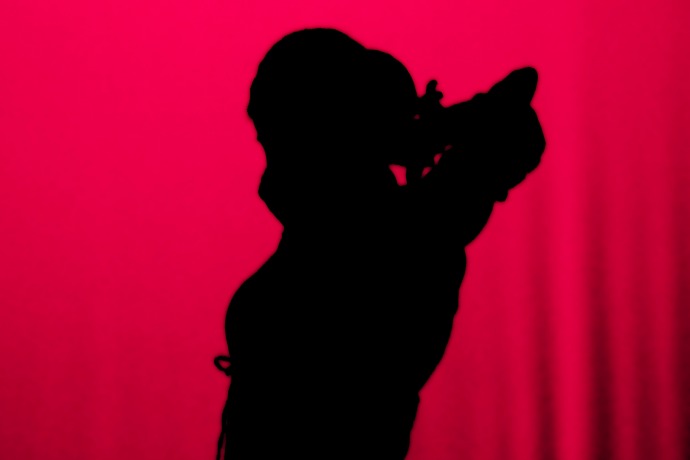
Review: ‘Girls Are Coming Out of the Woods’ by Tishani Doshi
postEvocations of dogs, rain, love letters, mouldy houses, dead girls, adolescent longing, and an understanding of the body’s mortality inform poet-dancer Tishani Doshi’s Girls Are Coming out of the Woods (Bloodaxe Books), an eerie world of both ruin and tenderness. Conferred the Eric Gregory Award for Poetry and the Forward Prize for Best First Collection…
-
dd
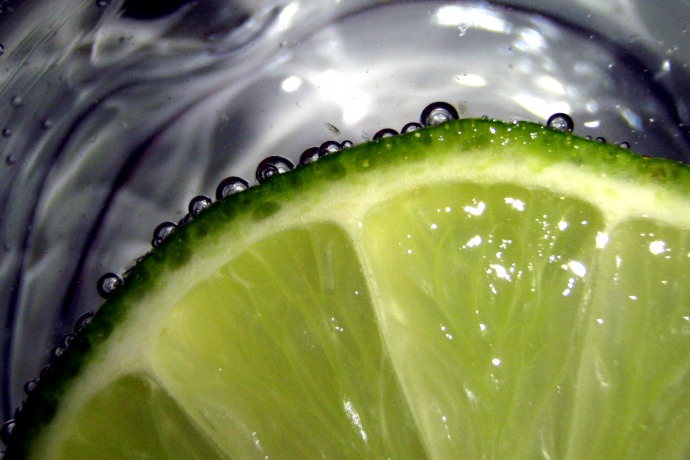
How I Did It: Michael Marks Award Special – Phoebe Stuckes on ‘Mad Chicks Cool’
postAhead of the Awards ceremony on Thursday 12th December, The Poetry School has asked the five poets shortlisted for this year’s Michael Marks Award for Poetry Pamphlets to discuss the writing process behind a poem from their award-nominated work. So far, Theophilus Kwek and Charlotte Wetton have talked about their poems; today, Phoebe Stuckes shares the inspiration behind…
-
dd
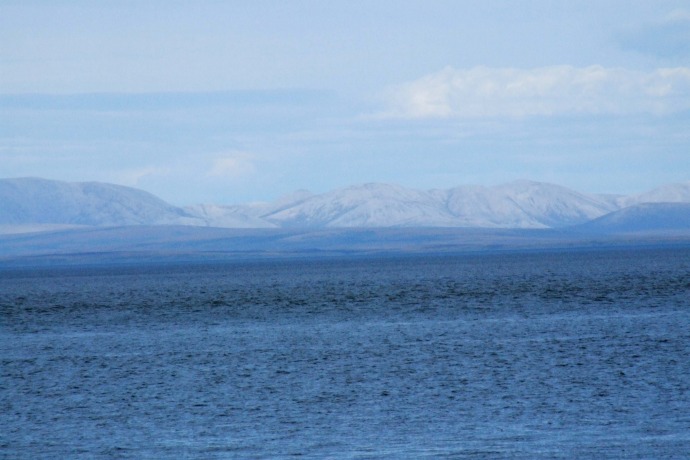
Re: Review: ‘White Hills’ by Chloe Stopa-Hunt
postWhat is it that makes poetry special, different, or unique? What makes a poet important? The answer must lie somewhere beyond form or subject – beyond, that is to say, anything I am able to mention here. The poems in White Hills (Clinic) have been described as ‘weirdly beautiful’, possessed of a ‘strange grandeur’. These…
-
dd
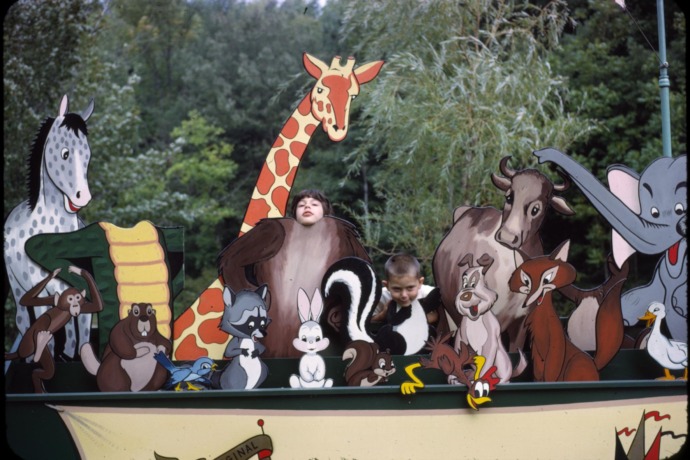
‘The Zoo of the New: Writing Childhood and Family’
postWould you be a child again? For all its wonder, innocence, joy and freedom, childhood can also be full of insecurity, confusion and darkness. After all, it is a land of extremes where every feeling, no matter how transitory, is worn on the face. Children cannot help expressing their authentic selves, regardless of the situation….
-
dd
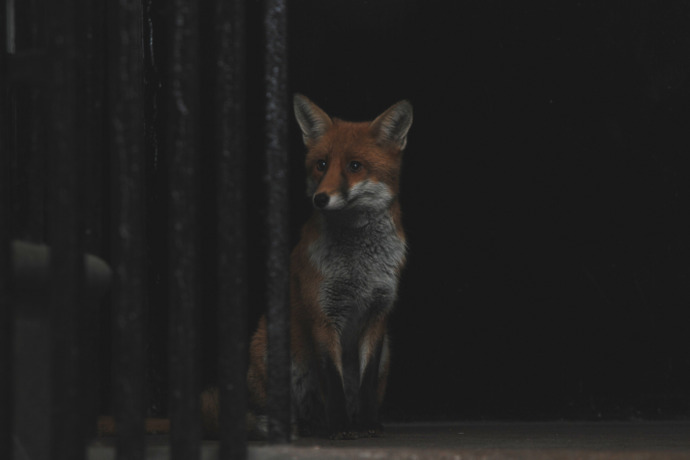
How I Did It – Ted Hughes Award: Harry Man on ‘Finders Keepers’
postIn this first instalment of our Ted Hughes Award ‘How I Did It’ series, Harry Man explains the creative process behind his shortlisted work, Finders Keepers, created in collaboration with illustrator Sophie Gainsley. Finders Keepers is a collaboration between poet Harry Man and artist and illustrator Sophie Gainsley that examines Britain’s vanishing wildlife. Poems from the project…
-
dd
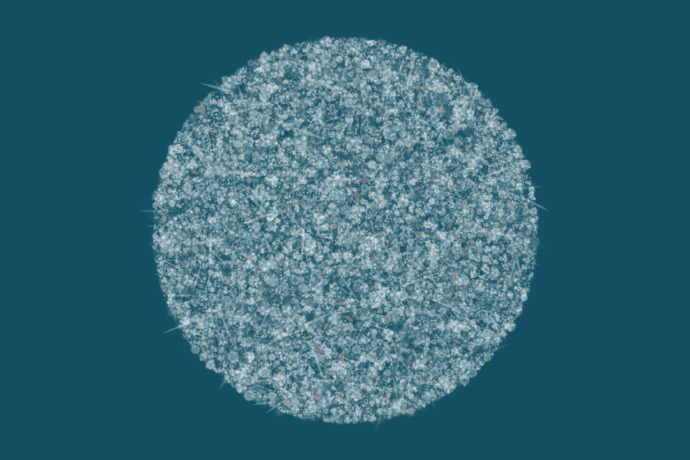
Pattern is not an algorithm: on poetry and pattern
postPattern in poetry is not just an algorithm at work, i.e., ‘the poem that writes itself’. In fact, it might be said that anything that writes itself, whether it be a moral code, a way of handling people, an approach of giving a percentage of income to charity, is bound for trouble. We live in…
-
dd
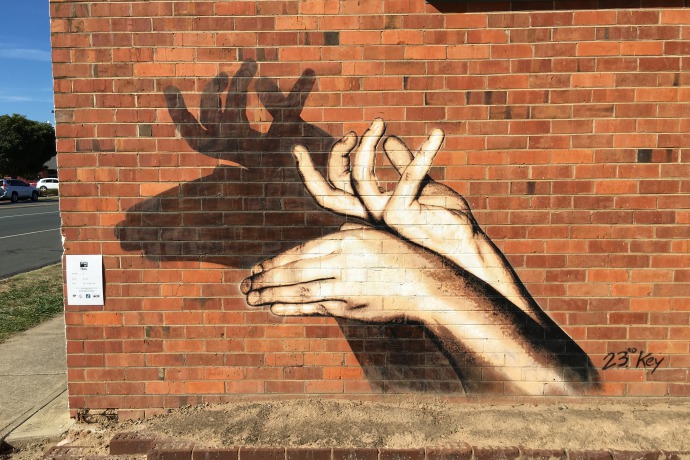
‘A Hymn to the Ordinary’
postZsa Zsa Gabor’s very fond of a door especially in oak or a light sycamore – her sister-in-law loves a long corridor and a friend of her father has a thing for his floor – it was Dior before but it’s not anymore – we should try to be more like Zsa Zsa Gabor. Don’t…
-
dd
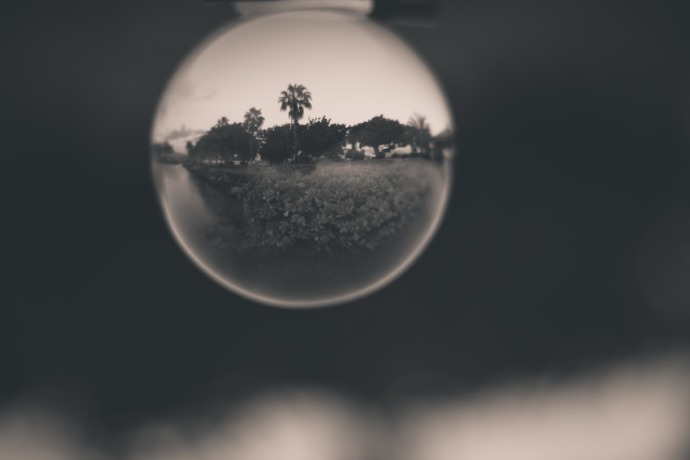
‘Long Poems & Invocations: Making the Measure Work for You’
postOften teachers tell poets to hone, edit and show not tell, or use language more sparingly, but what if we want to rage and roam, and embrace the mental rollercoaster ride which is the long poem? Writing a long poem can be a chance to immerse yourself in the subconscious and surprise yourself with the…
-
dd
Writers and Narcissism
postI think writers are the most narcissistic people. Well, I mustn’t say this, I like many of them, a great many of my friends are writers. – Sylvia Plath Poetry as Self-Love Are writers narcissists? Narcissists don’t really depend on anyone apart from themselves, they have an idealised self-sufficiency, beneath that an anger and…
-
dd
‘Creatrix: Women’s Poetries for the 21st Century’
postIn the Honours year of my undergrad degree in English Literature, I signed up for a module called Modern Poetry. When the student gaggle – twelve or so of us – arrived for the first seminar, our tutor announced that he wanted to talk to us about the “politics” of the course content before we…
-
dd
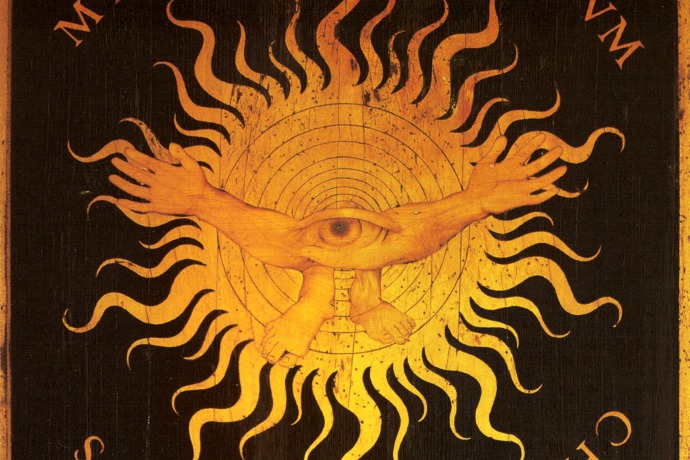
‘Liberating Poetic Chaos’
postSylvia Plath worked hard at her poetry throughout the 1950s. She studied, read widely and mastered a range of poetic techniques, writing hundreds of poems. Her work received awards and prizes, was published in magazines and Plath was regarded as — and regarded herself as — a ‘success’. However, by 1960, Plath had become dissatisfied…
-
dd
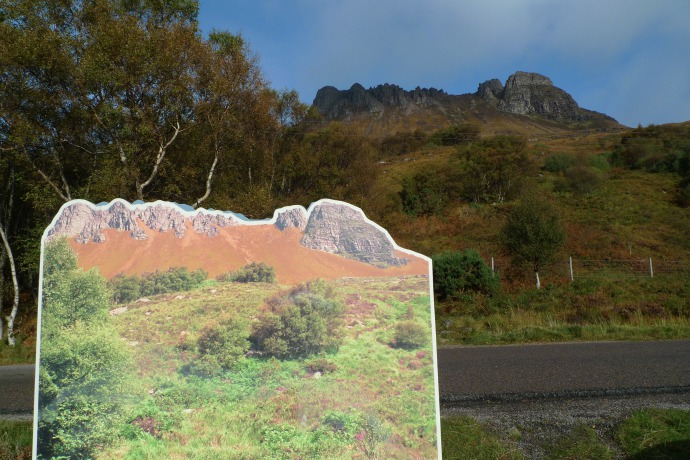
Prose Poets: ‘Of La!’
postOver there! Cries the thief, pointing away from himself and the victim as he picks a pocket. While the attention is focused on one thing at a distance, some switch is made about the victim’s person. Only later, in a moment of condensing awareness does the victim feel the change. Something about them is…
-
dd
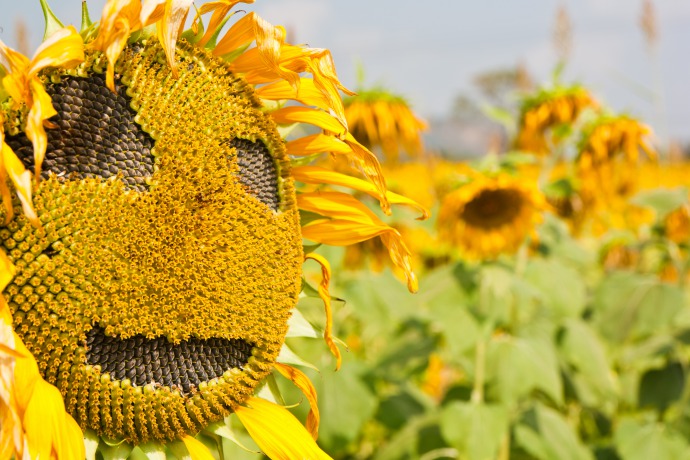
Summer 2015 courses in one line or less
postLONDON – SHORT COURSES The Tao of Poetry with Liane Strauss – reviltalise your poetic practices as Liane shares her love of classical Chinese poetry with you Developing a Style with Tim Dooley – develop your own poetic voice in conversation with the best of poetic tradition Alien Vs Predator with Kathryn Gray – poetry…
-
dd
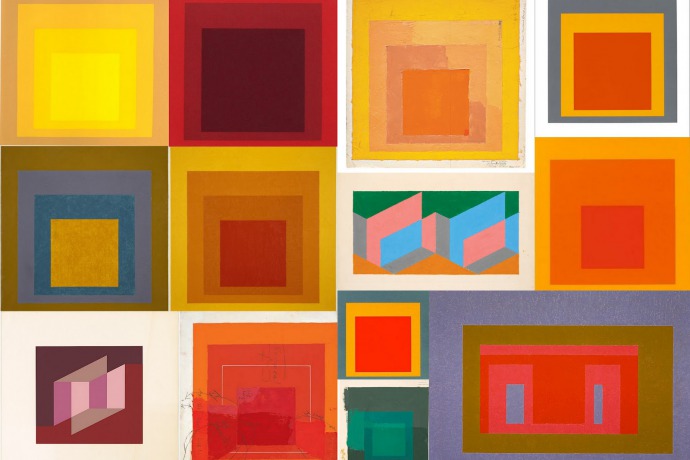
Meet the Digital-Poet-in-Residence: Jason Schneiderman
postAn Interview with Jason Schneiderman
Hi Jason! Tell us a bit about the residency. Jason: I’ll be working with Kathryn to think through a number of questions about English Language poetry in the UK and America. We’ll be thinking a lot about form and community. When did you first start writing poetry? What brought you to it? Jason: I started writing…
-
dd
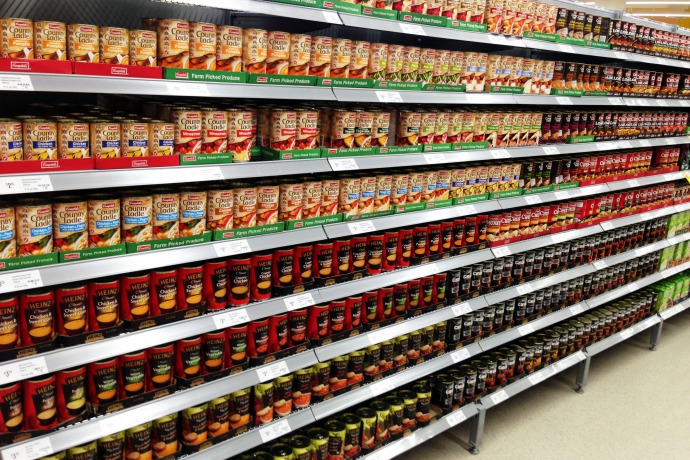
The Fabric of Cringe … and how to avoid it.
postWe’re a big fan of Judy Brown’s poetry – here she is reading from her Forward shortlisted Seren collection Loudness – so we are very pleased we’ve been able to tempt her to teach for us this Autumn. Jusy is interested in getting to the nub of how to successfully incorporate details of our modern lives –…
-
dd
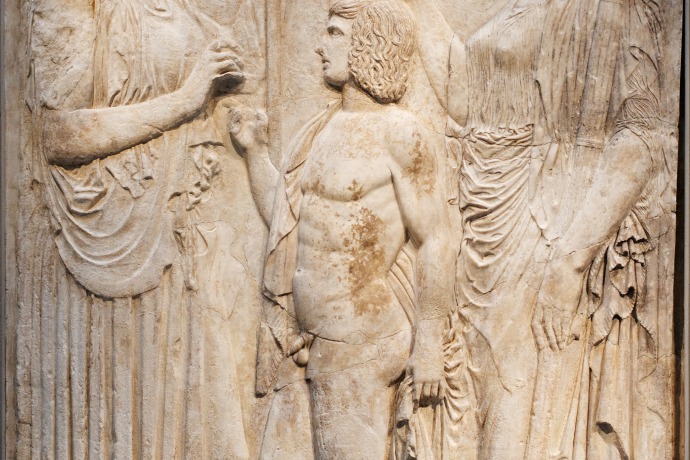
The Poetry of Parenthood
postThe images coming from Gaza at the moment show mutilated and dying children. It would be tempting to say that as a parent you feel the horror more, but this is smug nonsense: people without children are just as capable of compassion. What a parent feels is, instead, perhaps more complicated – my compassion is…
-
dd
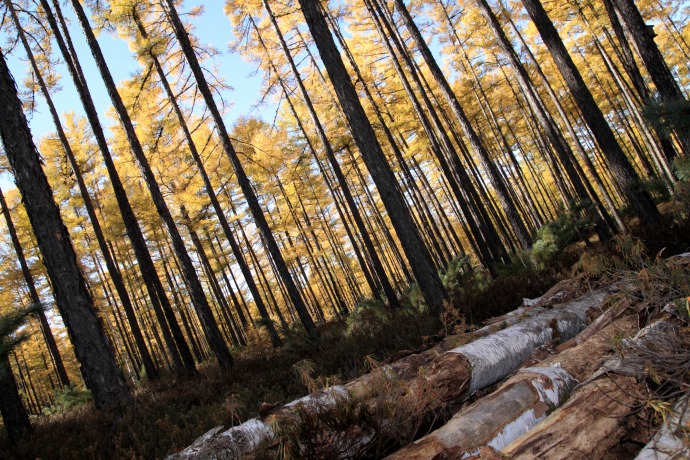
Logbook: ‘There was the time I woke up in the morning and forgot how to walk’
postConversation overheard at running club: Runner A: “Who do you get to wash your windows?” Runner B: “The rain washes my windows” Runner C: “That’s what ‘usbands are for” Runner A: “Well the rain is my ‘usband” *** After watching a documentary about death row in America.. Who would live in a house on the…
-
dd
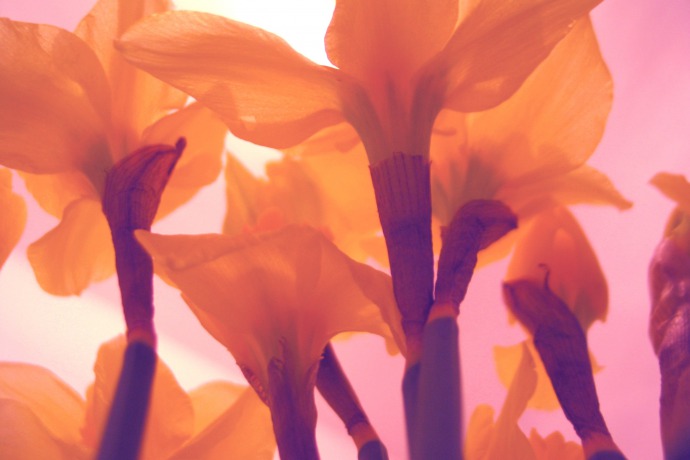
Write more poems this Summer at the Poetry School
postIt’s just over a week to go before our Summer Term starts. We’ve dozens of new courses and workshops – both face to face and online – to help you wrangle your poems into shape. You can download the whole programme here – or browse the highlights below. Not taken one of our classes before?…